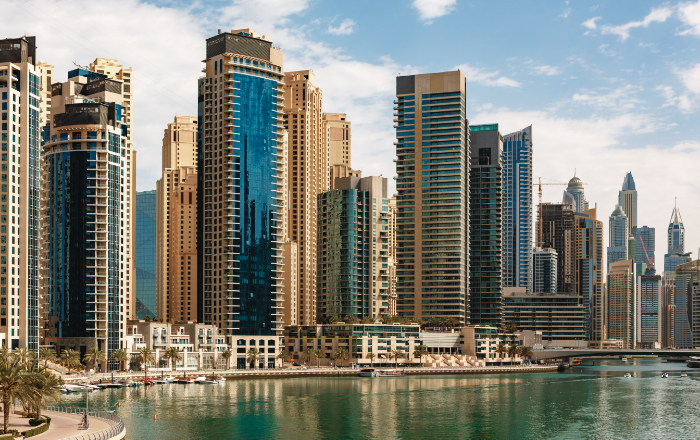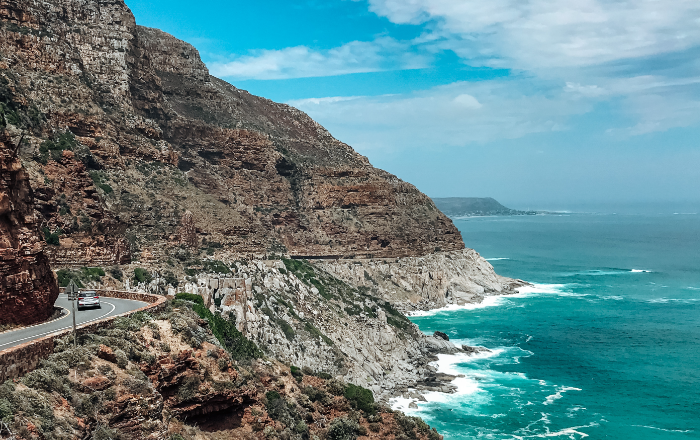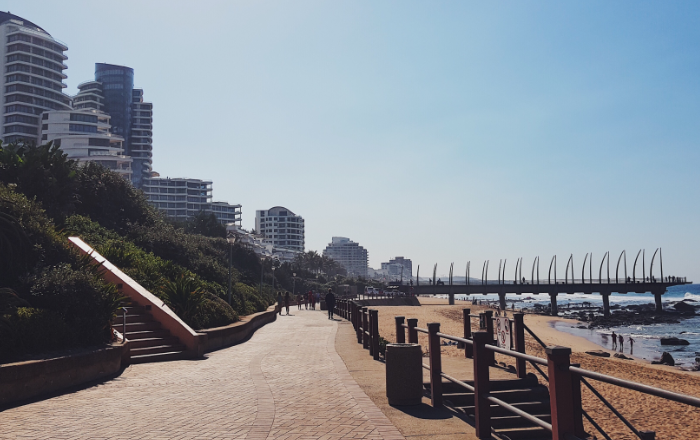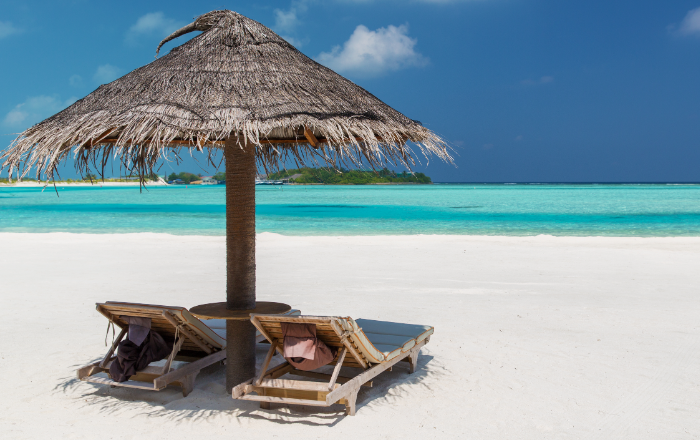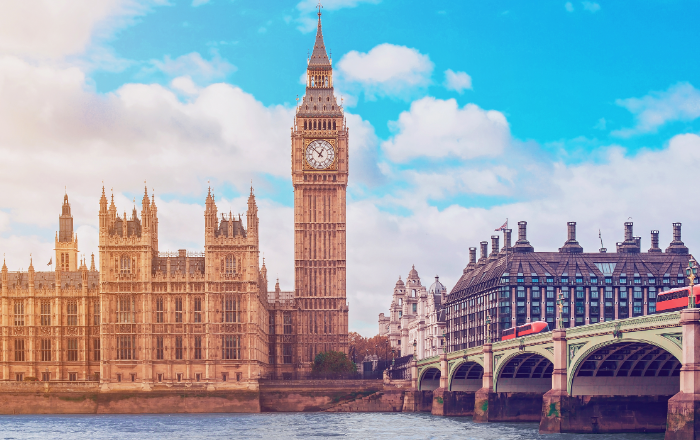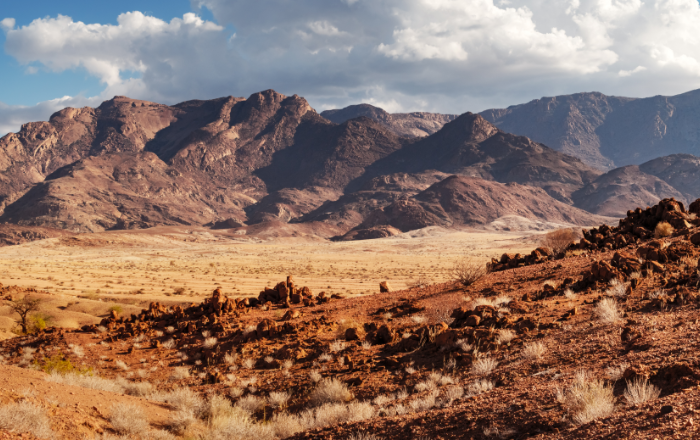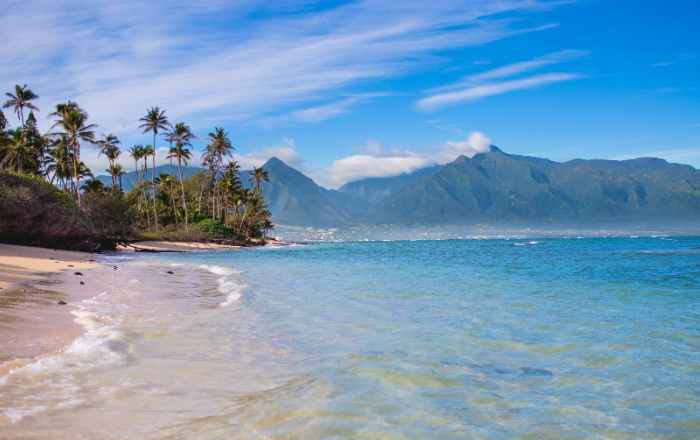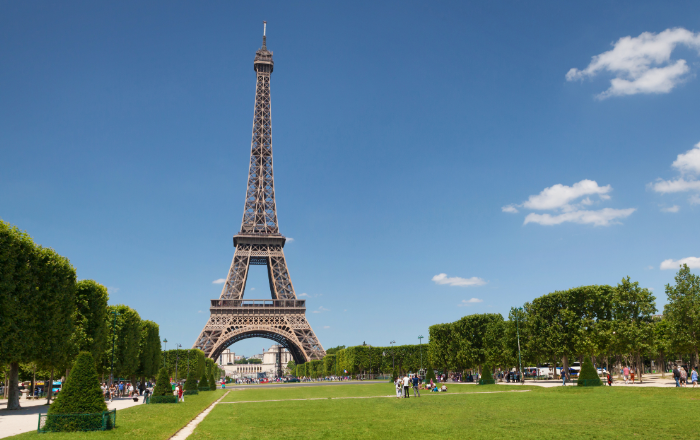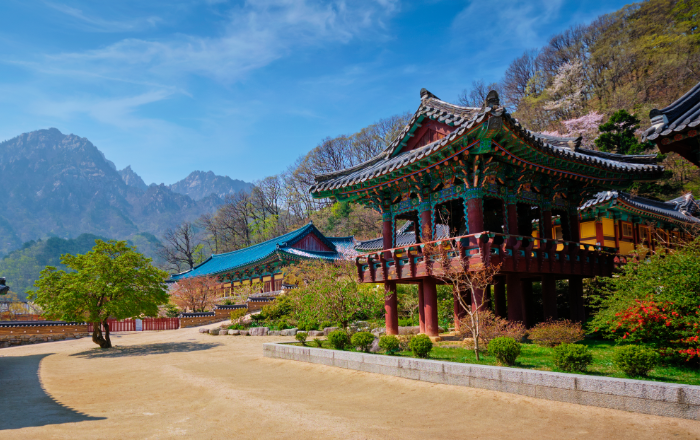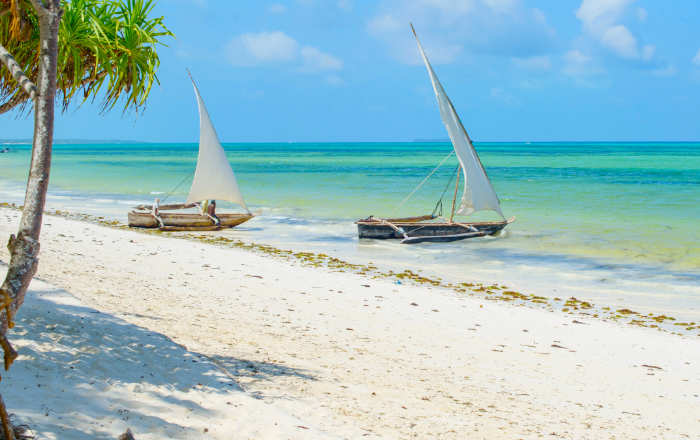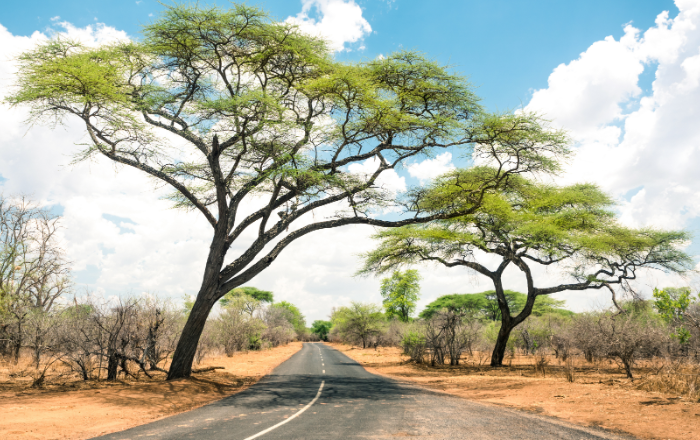Flight tickets from Polokwane to Lagos
Lagos is one of the most vibrant cities in the world. With over 18 million people living in the larger metropolitan area, it is the largest city in West Africa. A gritty, hard-working, and diverse city, it is a major cultural and economic hub in the region and a bustling melting pot of different African, European, and American influences. This text will discuss the unique history and culture of Lagos, and will explore the unique aspects of the city that make it an exciting place to visit and explore.
Getting to Know Lagos
Lagos is one of the most populous cities in the world. It is estimated that the population of Lagos is around 21 million people. It is located in the West African time zone (GMT +1) and is the economic and financial hub of the nation. The official language of Nigeria, English, is spoken in Lagos as well as many other Nigerian languages, including Yoruba, Igbo and Hausa. The official currency in Nigeria is the Nigerian Naira (NGN).
Climate and Weather
Lagos, the largest city in Nigeria, has a tropical savanna climate. It has long, hot, and humid summers with an average temperature of 27°C. Winters in Lagos are generally dry and warm, with temperatures ranging from 23°C to 30°C. The average annual rainfall in the city is about 1400mm, with the rains normally falling between the months of April and October. The city experiences two distinct wet seasons, with one occurring between April and July and the other occurring between September and October. Lagos has a unique combination of level terrain and coastal location which results in humid and wet weather conditions. These conditions, combined with the city's sultry temperatures, make Lagos a hot and humid destination all year round. With the increase of global warming, temperatures have increased significantly in the city and are likely to continue doing so. As a result, extreme weather events, such as flooding and thunderstorms, are becoming increasingly common.
Touring Lagos: Airport and Transportation
There are two airports in Lagos: Murtala Muhammed International Airport (MMIA) and the Nnamdi Azikiwe International Airport (NAIA). The easiest way to get from either airport to downtown Lagos is via taxi. Prices will vary based on distance and time of travel. It should cost around ₦5,000-₦7,000 (about $13-17 USD). Yes, you can change money at Lagos Airport at the exchange bureaus available.
Exploring the Rich History and Culture of Lagos
- Lagos is a city known worldwide for its lively and vibrant culture. The city is home to numerous cultural attractions like the National Museum, National Arts Theatre and the National Galleries of Nigeria
- Lagos has an extensive history, having been originally founded by the Awori people in the 16th century and later becoming an important port under Portuguese, Dutch and British colonial rule
- Lagos is well known for its traditional music and dance forms, such as the Afrobeat genre created by Fela Kuti, as well as its local cuisine which includes Jollof rice, peppered snails and suya
Check the weather before buying a ticket from Polokwane to Lagos
Q&As for booking flights from Polokwane to Lagos
How long is the flight from Polokwane to Lagos?
There are no direct flights between Polokwane and Lagos, so the journey will take at least a few days with layovers.
How far is the flight from Polokwane to Lagos?
The flight from Polokwane to Lagos is about 2753 miles.
Which airlines fly direct from Polokwane to Lagos?
There are no airlines that fly direct from Polokwane to Lagos.
How many airports are there in Lagos and what are their official names.
There are two airports in Lagos and their official names are Murtala Muhammed International Airport and Lagos International Airport.
How many flights are there a week from Polokwane to Lagos?
There are six flights a week from Polokwane to Lagos.
When is the cheapest time to buy a ticket from Polokwane to Lagos?
The cheapest time to buy a ticket from Polokwane to Lagos is typically when you can find the lowest fare. The lowest fares are typically found during the off-peak travel times.
How can i get from the main airport to downtown in Lagos and how much does it cost?
The best way to get from the airport to downtown Lagos is by taxi. It should cost around 1500-2000 NGN.
